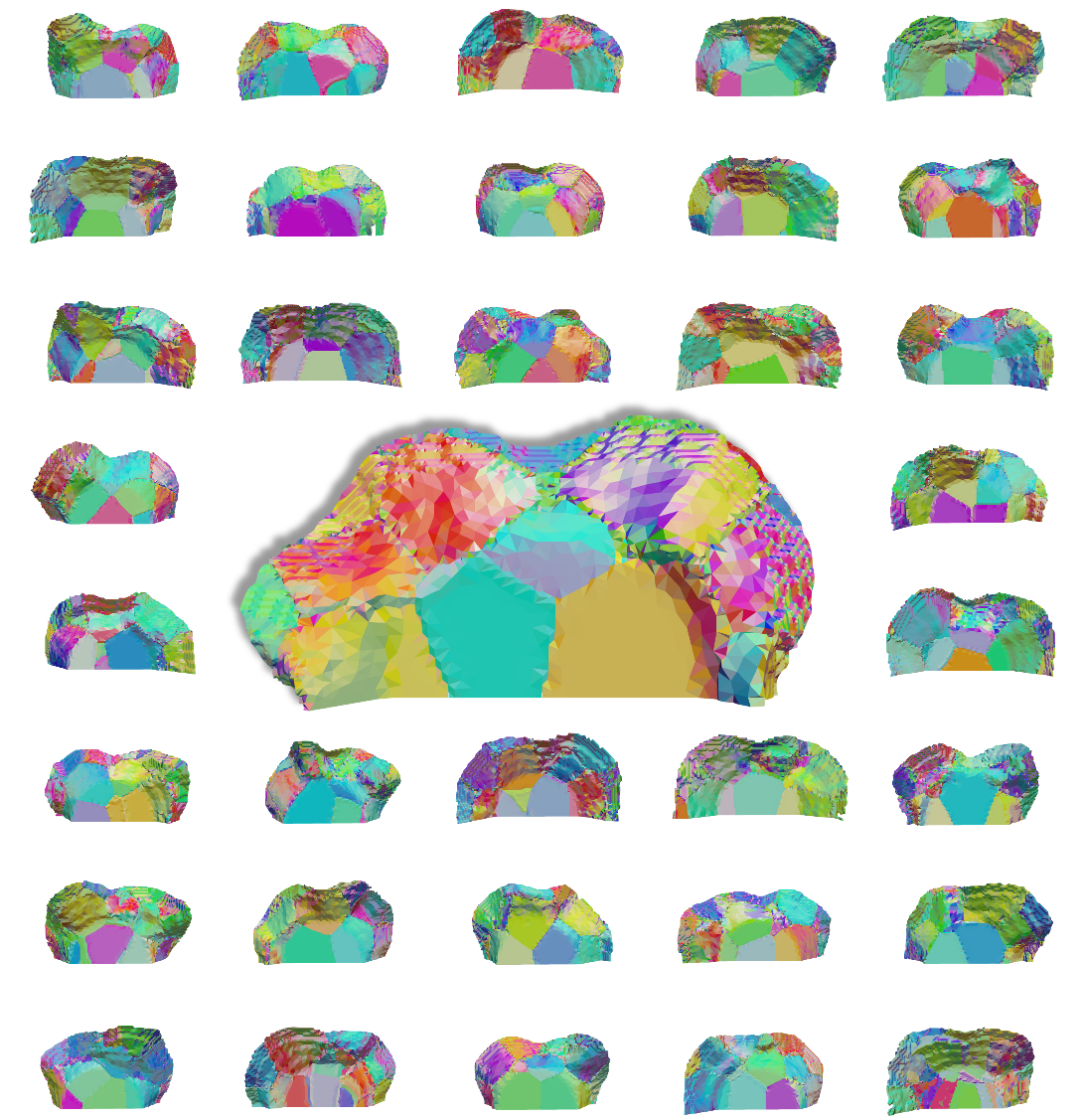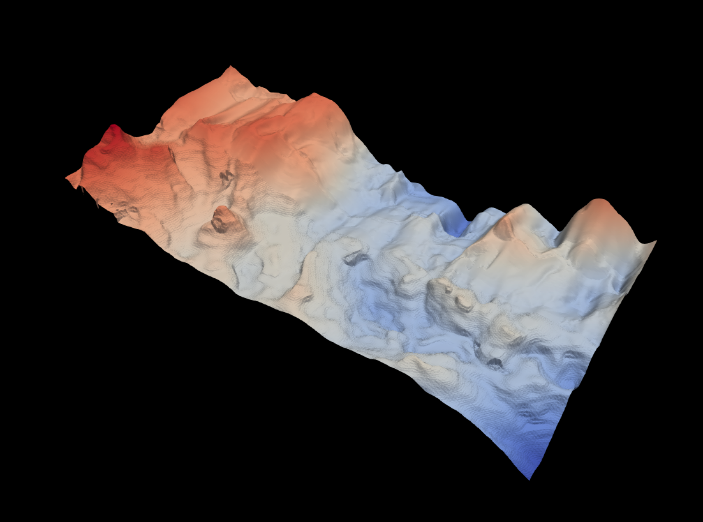
Prof. Ashley Spear has received the Constance Tipper Silver Medal from the International Congress on Fracture (ICF), the highest honor that the ICF bestows on a mid-career researcher. The award is given every four years in honor of Constance Tipper, a pioneer in the field of fracture mechanics who is well-known for her discoveries of ductile-to-brittle transition in metals used in the construction of wartime ships during World War II. Spear received the medal in Tipper’s honor for her “innovative research in simulating 3-D cracking and multi-scale modeling of fracture in metals.”
One of the cornerstones of Spear’s lab is the study of how cracks spend their lives, from the time they are born to the time they cause failure of their host structures. Additionally, Spear is one of the first in her field to bring the power of machine learning to bear on the complex problem of predicting 3-D crack propagation.
“I was humbled and surprised when I received the news,” says Spear. Spear is quick to acknowledge her mentors in the field of fracture mechanics, including her graduate advisor, Prof. Anthony Ingraffea from Cornell University, along with her own graduate students, who are “the ones doing all the hard work,” as she puts it. “I feel very fortunate to have mentored so many bright and talented students and post docs so far in my career. We’re all passionate about learning and evolving as researchers and individuals, and I think it shows in the work that we do.”
In addition to Spear, two others were awarded the Tipper Medal this year: Prof. Filippo Berto from the Norwegian University of Science and Technology and Prof. Dong Liu from the University of Bristol. Spear directs the Multiscale Mechanics & Materials Lab at the University of Utah. To learn more about Spear and her research group, visit https://mmm.mech.utah.edu/.

Figure 2. A 3D mm-scale crack surface predicted using a trained machine learning model. Credit to MMM Lab members Kyle Pierson and Aowabin Rahman.
